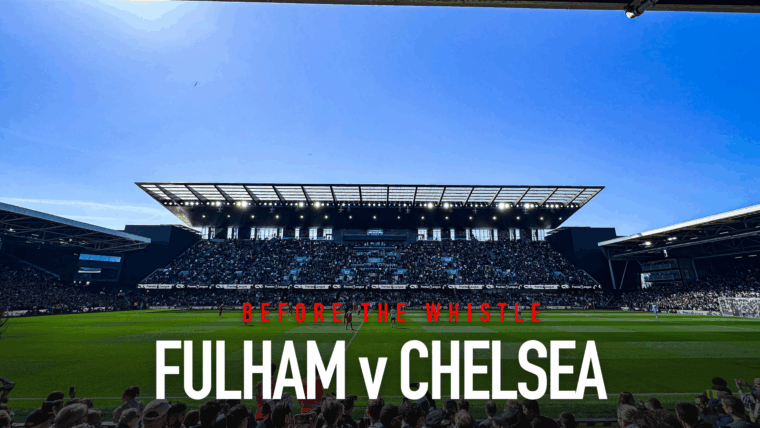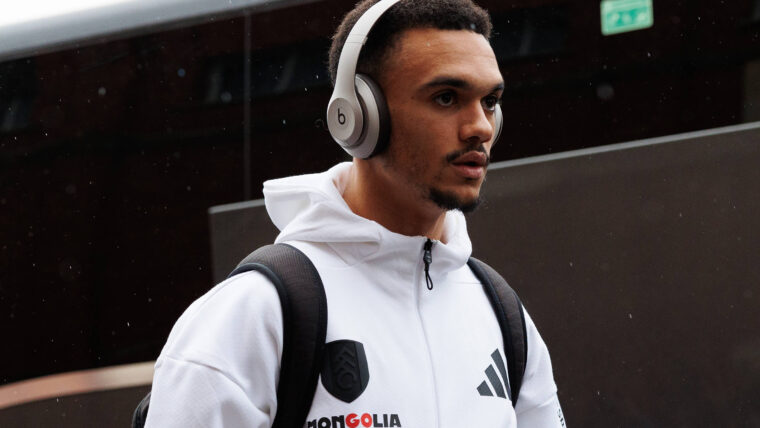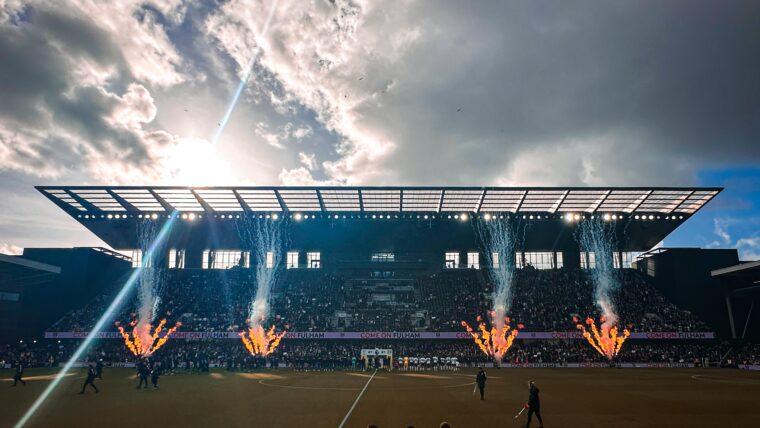George Cohen: 1939-2022
Written by Michael Heatley on 23rd December 2022
Michael Heatley plays tribute to one of the best players – and men – that Fulham Football club had to offer.
It’s ironic to be reporting the passing of one-club man and World Cup winner George Cohen as Fulham prepare to look for an injury-free right-back next month. After a one-off debut in 1956 against Liverpool, aged just 17, he claimed a regular place in 1957 and was, with Johnny Haynes, one of the first names on the teamsheet until both retired injured in 1969. His 459 senior games (six goals) nestle him the top six in the all-time appearance records.
The image of Cohen is of a no-nonsense full-back who, by his own admission, put the ball in the Thames more than once (before the first Riverside stand). Yet Fulham historian Dennis Turner described him in terms that bring to mind a certain Antonee Robinson. “He was able to recover quickly when beaten by an opponent, and loved to support the forwards in attack – but his crossing was somewhat erratic.” Some things never change…
While Fulham were a second-tier side when Cohen arrived and retired, the seasons in-between were spent in the top flight. So it was no surprise that Alf Ramsey chose him to succeed the popular Jimmy Armfield as England’s number two. He represented England 37 times in full internationals and, of course, was a 1966 World Cup winner. Vice-captain to Bobby Moore, he looked to have saved the day by blocking Emmerich’s injury-time free-kick in the final, but the ball subsequently found its way to Weber for Germany’s equaliser.
Awarded the MBE in 2000, George has his own statue at Craven Cottage, a fitting tribute to a man who, while not as eye-catching as the Maestro, put Fulham’s name out there on the world stage. He was the first of England’s World Cup winners to retire from international football after sustaining an horrific knee injury – ironically against Liverpool – in December 1967. He only played a handful of games thereafter and found coaching not to his liking. A career as a property developer followed, plus a return to his one and only club as a matchday host and, in 2016, the statue. Typically, he wouldn’t be drawn into controversy over the man whose likeness he replaced, Michael Jackson, saying only with a twinkle that “I hear he had quick feet”.
With George Best rating him his hardest opponent and Alf Ramsey dubbing him “England’s greatest right-back”, Cohen wasn’t short of admirers himself. These also included FFC chairmen Mohamed al Fayed, who bought back the World Cup winners’ medal George had been forced to part with in hard times, and Shahid Khan who topped up the statue fund. His nephew Ben followed Cohen into the history books in 2003 when he helped England win the rugby union World Cup. But for those of us who watched him, at the Cottage or on television at Wembley, George will remain the legend of the Fulham – and England – family.



